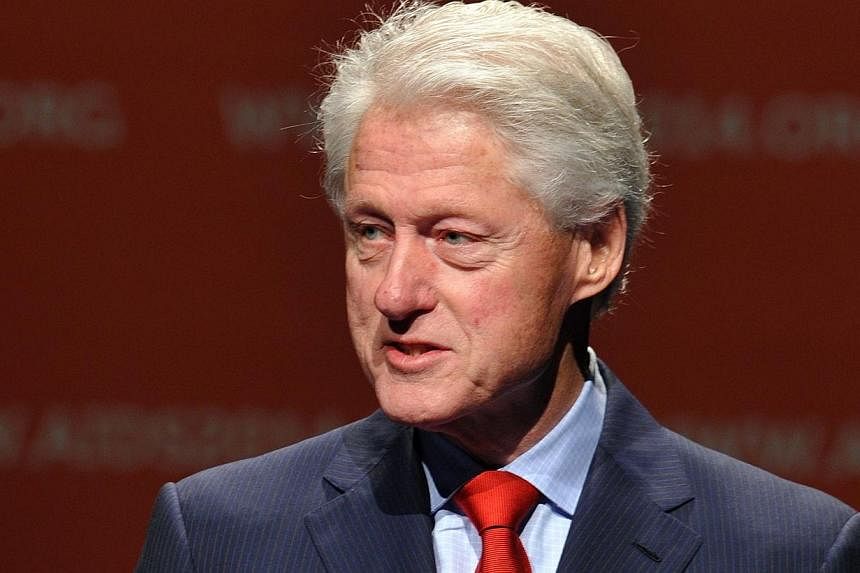I feel your pain.
These words are famously associated with former US president Bill Clinton, who as a politician seemed to ooze empathy. A sceptic might wonder, though, whether he truly was personally distressed by the suffering of average Americans. Can people in high positions of power - presidents, bosses, celebrities, even dominant spouses - easily empathise with those beneath them?
Psychological research suggests the answer is no. Studies have repeatedly shown that participants in high positions of power (or who are temporarily induced to feel powerful) are less able to adopt the visual, cognitive or emotional perspective of other people, compared to participants who are powerless (or are made to feel so).
Assistant Professor Michael Kraus, a psychologist at the University of Illinois at Urbana- Champaign, and two colleagues found that among full-time employees of a public university, those who were higher in social class (as determined by level of education) were less able to accurately identify emotions in photographs of human faces than were co-workers who were lower in social class. (While social class and social power are admittedly not the same, they are strongly related.)
Why does power leave people seemingly cold-hearted? Some, like Princeton psychologist Susan Fiske, have suggested that powerful people do not attend well to others around them because they do not need them in order to access important resources; as powerful people, they already have plentiful access to those.
We suggest a different, albeit complementary, reason from cognitive neuroscience. On the basis of a study we published with researcher Jeremy Hogeveen in the Journal Of Experimental Psychology, we contend, generally, that when people experience power, their brains fundamentally change how sensitive they are to the actions of others.
The human brain can be exquisitely attuned to other people, thanks in part to its so-called mirror system. The mirror system is composed of a network of brain regions that become active both when you perform an action (say, squeezing a rubber ball in your hand) and when you observe someone else who performs the same action. Our brains appear to be able to intimately resonate with others' actions, and this process may allow us not only to understand what they are doing, but also, in some sense, to experience it ourselves - ie, to empathise.
In our study, we induced a set of participants to temporarily feel varying levels of power by asking them to write a brief essay about a moment in their lives. Some wrote about a time when they felt powerful and in charge, others wrote about a time when they felt powerless and subordinate to others. The selection process was random, so that each participant had an equal chance of being powerful or powerless.
Next, the participants watched a video of a human hand squeezing a rubber ball repeatedly. While they watched, we assessed the degree of motor excitation occurring in the brain - a measure that is used widely to infer activation of the mirror system. This motor excitation was determined by the application of transcranial magnetic stimulation and the measurement of electrical muscle activation in the subject's hand.
We sought to determine the degree to which the participants' brains became active during the observation of rubber ball squeezing, relative to a period in which they observed no action.
We found that for those participants who were induced to experience feelings of power, their brains showed virtually no resonance with the actions of others; conversely, for those participants who were induced to experience feelings of powerlessness, their brains resonated quite a bit.
In short, the brains of powerful people did not mirror the actions of other people. And when we analysed the text of the participants' essays, using established techniques for coding and measuring themes, we found that the more power people expressed, the less their brains resonated. Power, it appears, changes how the brain itself responds to others.
Does this mean that the powerful are heartless beings incapable of empathy? Hardly. Recall that we induced power in our participants randomly. This sort of manipulation cannot fundamentally change empathic capability. So, the bad news is that the powerful are, by default and at a neurological level, simply not motivated to care. But the good news is that they are, in theory, redeemable.
NEW YORK TIMES
Michael Inzlicht is an associate professor of psychology at the University of Toronto. Sukhvinder Obhi is an associate professor of psychology, neuroscience and behaviour at McMaster University in Hamilton, Ontario.

